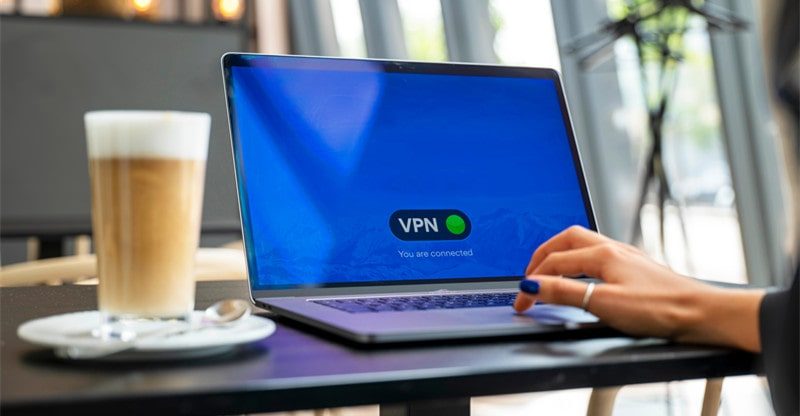Best Ways To Unblock The Internet At Work
The evolution of social media platforms throughout the years keeps finding new addictive ways to maximize our engagement and shorten our attention span. The negative effects of their sites and apps are evident in modern schools, universities, and workplaces. Still, just because we observe the harmful effects of these systems, it does not justify the restrictions imposed by institutions to limit their use.
Let’s look at the modern workplace in 2023. Today, many employers censor and restrict visits to specific websites and platforms via company devices and the users within the network. This article will describe the best and easiest ways to unblock websites at work and enjoy unrestricted internet access.
Here we will not focus on data-driven business tasks like scrape YouTube comments but analyze the simplest ways to enjoy a free web experience at work. Some solutions will work without additional software and rely on simple tweaks in the settings, while others depend on third-party apps that will help achieve this goal.
For more information on how to scrape YouTube comments and perform other business-oriented tasks, click here. Right now, let’s look at the best ways to bypass surveillance in the workplace.
1. Get a different browser
Some employers do not put too much effort into restricting access to social media platforms and other websites and simply use blacklisting tools on the installed browser. We can ignore these limitations altogether without changing the employer’s settings by downloading a different browser for unrestricted sessions.
2. Change your DNS server
With every internet connection, our devices communicate with an assigned DNS server that acts as a directory of IP addresses that knows which IPs belong to which sites. As the DNS server receives a query, it comes back with an appropriate result for the desired page.
An organization in charge of a specific network can alter the function of a DNS server and restrict specific queries, making sure you cannot access the desired website. In this case, we have two solutions: first, we can try to find the exact IP address of a site instead of typing in the URL.
However, this solution rarely works on popular sites and social media platforms that often change their IP addresses and have multiple web servers for accessing the site. Then, if an employer is restricting the internet via a DNS server, you can try and choose a different one in the computer’s settings.
While these solutions will help you with censorship via a DNS, most companies use more censorship layers to block your access. Also, if an employer checks your device, they can see the changes in DNS settings.
3. Use a VPN
VPNs, also known as Virtual Private Networks, eliminate the weaknesses of the prior primitive solutions with encrypted connections that bypass internet censorship. While VPNs require you to install an app or at least a browser extension, a connection that leaves your device instantly hides and protects your data with industry-standard encryption, making sure that nobody, even the owner of your network, can take a peek at what’s inside.
Then, as the information travels to a VPN server following the rules of a predetermined tunneling protocol, the data packets receive a new IP address before traveling to their final destination. As the information requests reach the censored web server, the interaction is different: it is not you but the VPN server requesting access to the site. Then, it forwards the information back to you via an encrypted tunnel, letting you access the data without restrictions but with a few extra steps.
While VPNs work great for bypassing internet censorship, make sure the employer does not see their apps installed on a device or use a browser extension on a different browser to avoid detection.
4. Hide connections with proxy servers
Proxy servers are a cheaper and lighter alternative to VPNs. You can access thousands of IP addresses with them at a lower price. Also, you can choose from two different options: datacenter and residential proxies. Datacenter addresses are faster, and their servers reside in well-protected data centers with high-quality hardware, ensuring fast connections for a low price.
The pricier alternative is residential proxies. The best providers have millions of residential IPs, and because they come from real internet service providers, their connections are slower but much harder to track. For additional safety, most suppliers include a rotation option, which cycles between IP addresses every few minutes.
For unblocking social media sites at the workplace, datacenter proxies are a better option because they are cheaper, and you do not have to sacrifice internet speed. Also, it is worth mentioning the danger of public proxies. Avoid free proxies at all costs because they are set up by unknown third parties that can spy on and sell your data to third parties. This is extra dangerous in a workplace environment, where you also risk leaking information about the company.
To ensure the safety and privacy of your connections, stick to affordable datacenter proxies for unblocking websites at the workplace. VPNs are also a good option, but their deals are expensive and offer fewer IP addresses.



